Atención! Murderer Next Door (2020)
• December 4th, 2020 • 0h 14min
Documentary
Overview
Faced with a lack of prosecution of those accused of crimes against humanity committed during Argentina’s military dictatorship, family members and descendants of the country’s estimated 30,000 disappeared took action. In the mid-1990s, they began gathering outside of accused perpetrators’ homes and workplaces to publicly shame them and raise awareness about the government’s systematic and brutal targeting of its people — and how it had gone unpunished. The human rights group HIJOS (Sons and Daughters for Identity and Justice Against Forgetfulness and Silence) led and labeled this direct-action style of protest “escrache,” or exposure.
Make sure to check your pop-up blocker!!
Trailer
Similar Movies
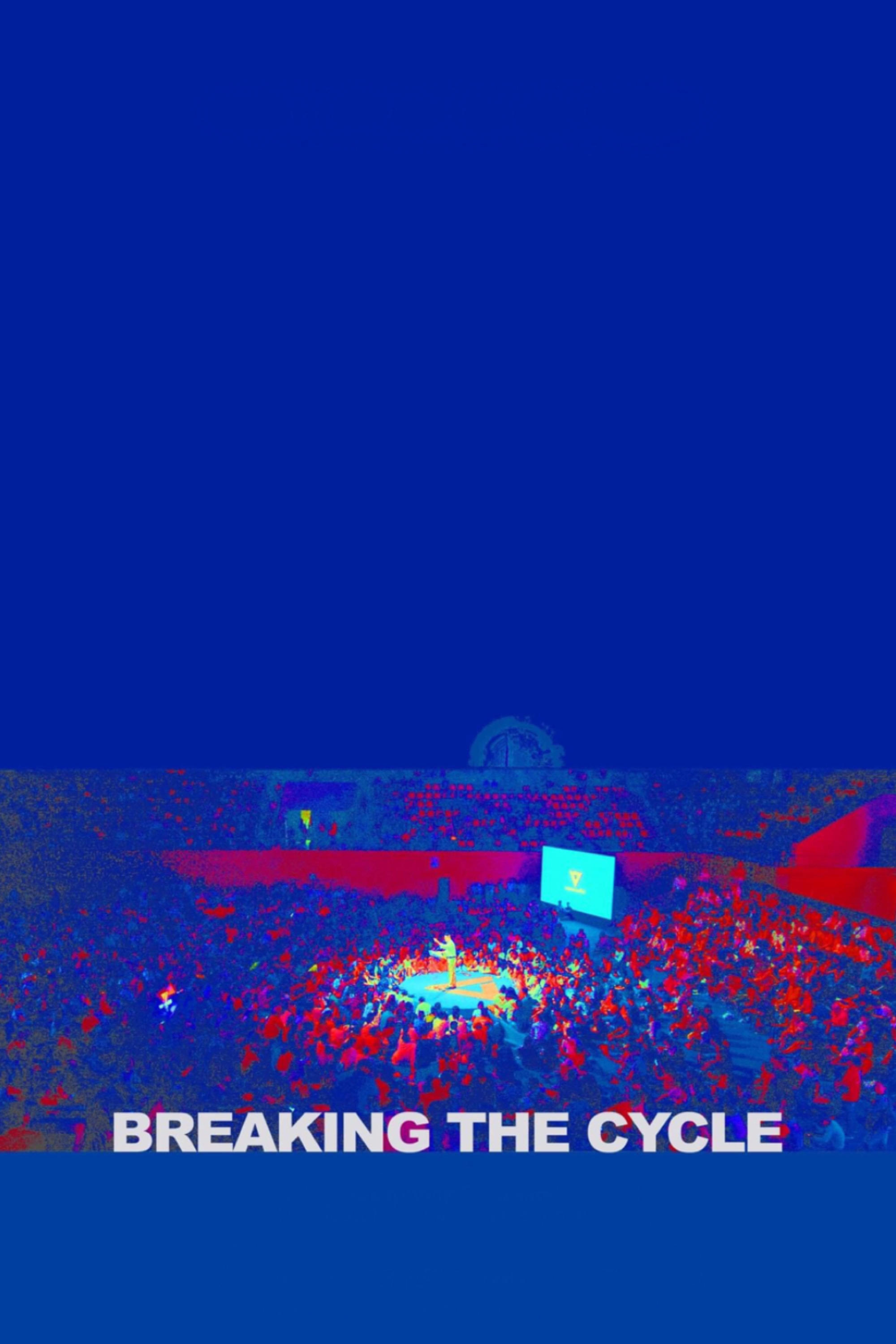
Breaking the Cycle
Released on: 2024-06-06
Documentary
A group of young politicians campaigning against an authoritarian constitution speak up, spark hope ...

Tower
Released on: 2017-08-28
Documentary, Animation
Four siblings, whose father disappeared during Brazilian Military Dictatorship, report their childho...

The Red Princess
Released on: 2022-04-04
Documentary
Who is Kim Yo-jong? In a context of maximum tensions between North Korea and the United States, Pier...

Xondaros - Guarani Resistance
Released on: 2023-06-08
Documentary, Drama
The 6 Guarani villages of Jaraguá, in São Paulo, fight for land rights, for human rights and for the...

The Girls
Released on: 2014-06-27
History, Documentary, Drama
Four lucid grandmothers tell their story forgotten by history: the militancy and resistance of the y...
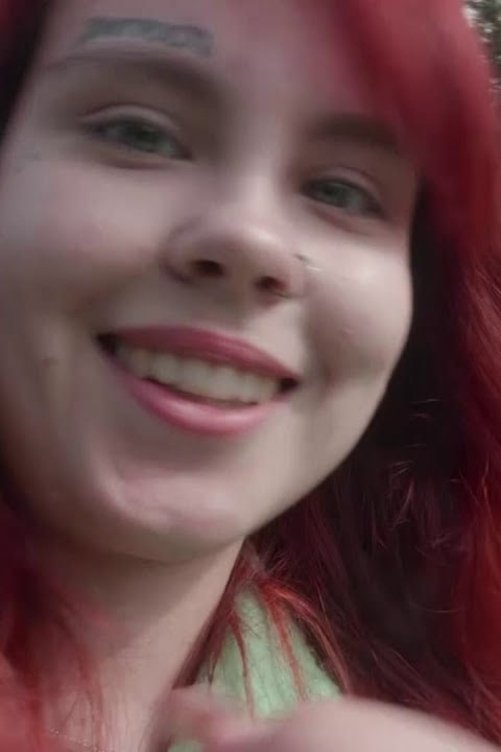
Alice in the Land of National Guard of Russia
Released on: 2019-08-18
Documentary
A girl from St. Petersburg walks around protest-ridden Moscow, talking to riot police and believing ...

Stunned, I Remain Alert
Released on: 2020-01-15
Documentary
Journalist Dermi Azevedo has never stopped fighting for human rights and now, three decades after th...

Você Também Pode Dar um Presunto Legal
Released on: 2006-07-05
Documentary
Amid the civil-military dictatorship implanted with the 1964 coup, Sergio Muniz had the idea of maki...

Nadia Comăneci: The Gymnast and the Dictator
Released on: 2016-07-24
Documentary
A documentary portrait of legendary Perfect Ten gymnast Nadia Comaneci after becoming an icon in the...
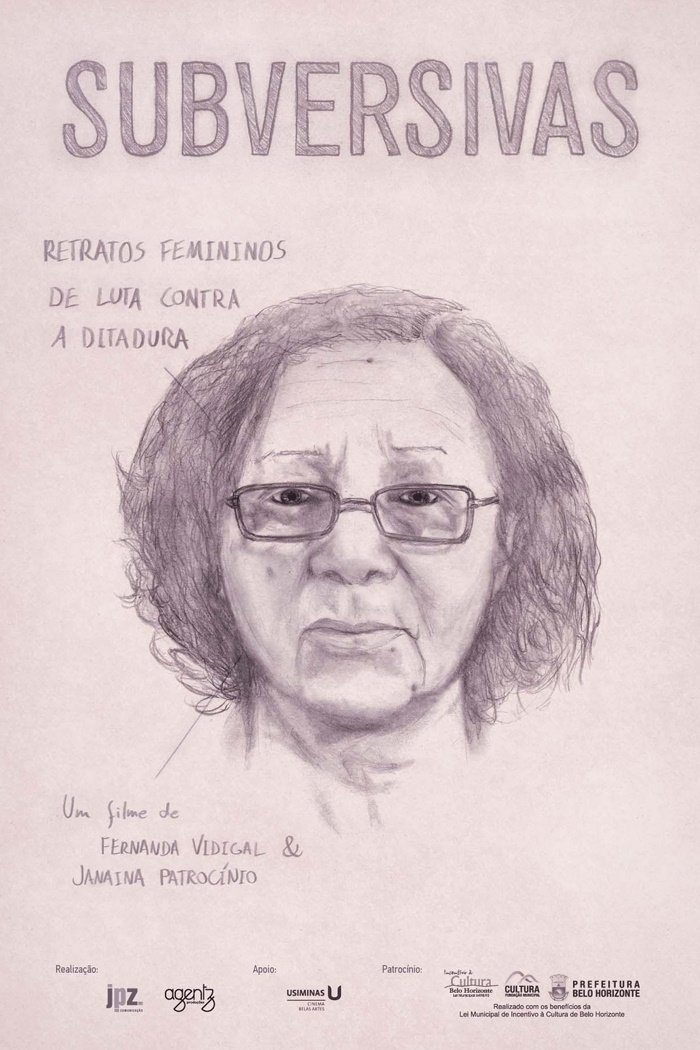
Subversivas
Released on: 2013-10-01
Documentary
"Subversivas" is a documentary that reveals the brazilian military dictatorship from the perspective...
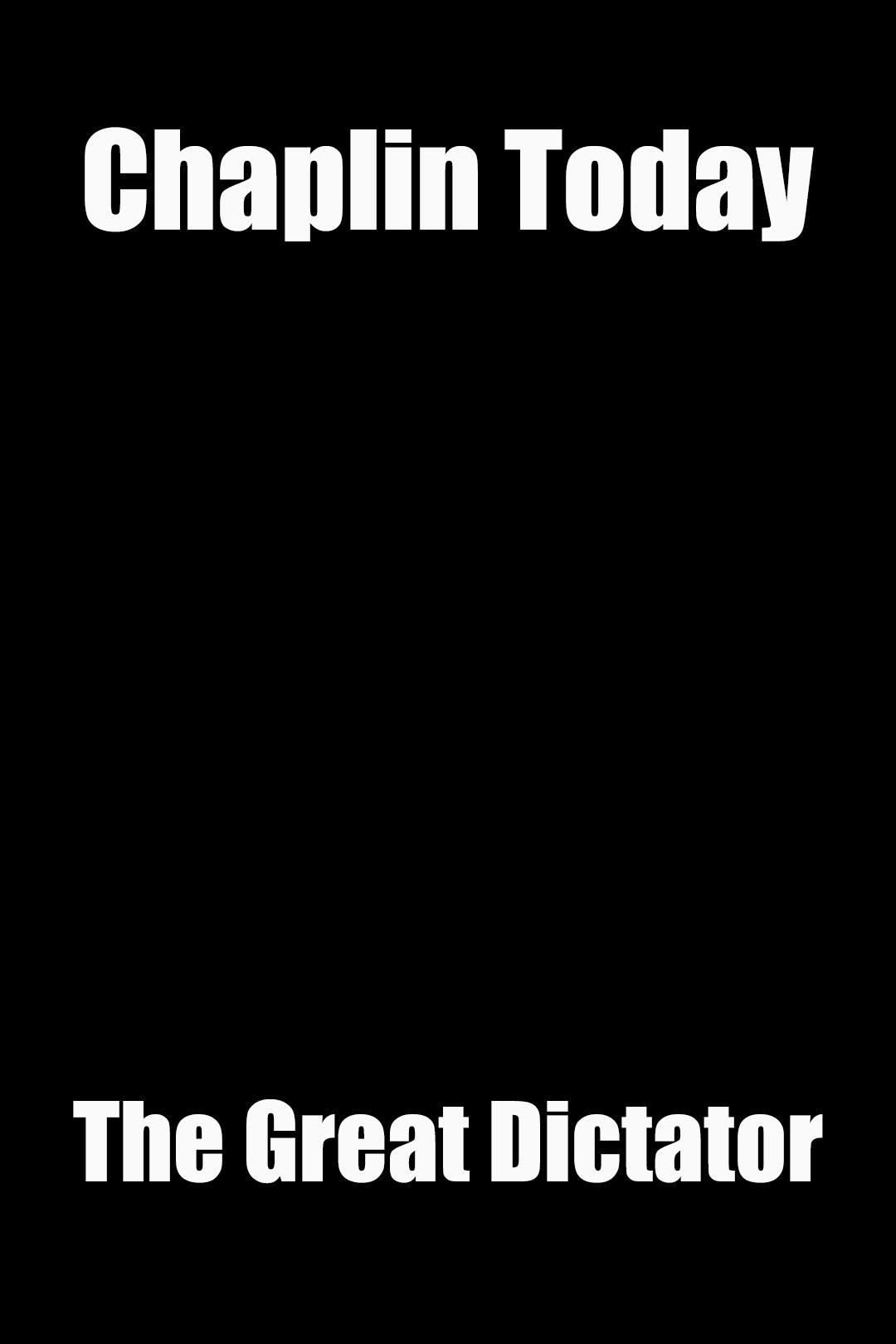
Chaplin Today: The Great Dictator
Released on: 2003-12-30
Documentary, TV Movie
A short documentary about the making of "The Great Dictator."

Corporate Accountability
Released on: 2020-02-21
Documentary
Images of Argentinian companies and factories in the first light of day, seen from the inside of a c...

1968 - Without Losing Tenderness
Released on: 2001-05-25
Documentary
The story of the University of Brasília, since it was only a project in Darcy Ribeiro's head until t...
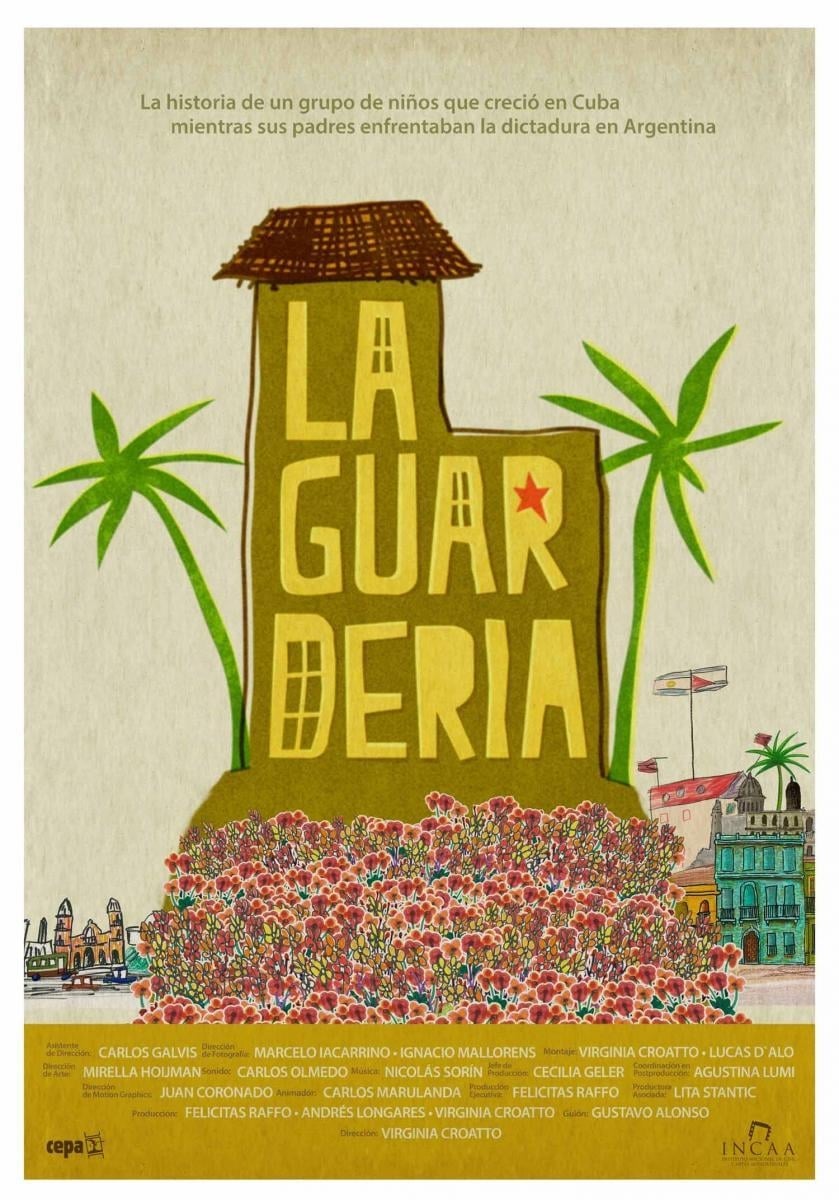
Our House in Cuba
Released on: 2015-11-15
Documentary
There was a time in Argentina, not so long ago, when the army wasn't only one, official, but many an...

Refuge(e)
Released on: 2019-03-14
Documentary
Refuge(e) traces the incredible journey of two refugees, Alpha and Zeferino. Each fled violent threa...

General Idi Amin Dada
Released on: 1974-05-29
Documentary
Filmmaker Barbet Schroeder shows the Ugandan dictator meeting his Cabinet, reviewing his troops, exp...
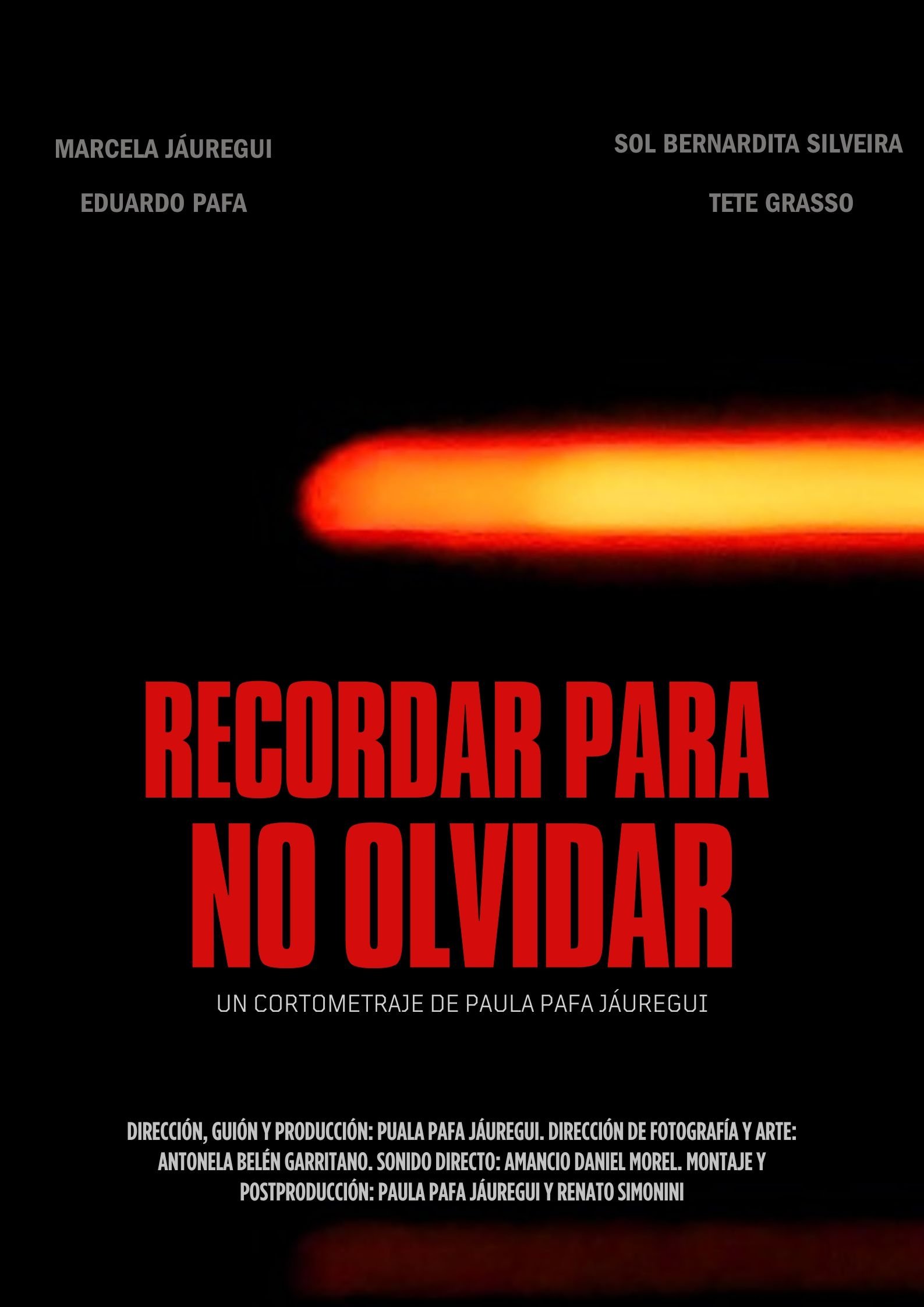
Remembering So We Don't Forget
Released on: 2025-05-20
Documentary
Poetic images emerge from everyday life, interweaving with narratives that recall traces of events f...
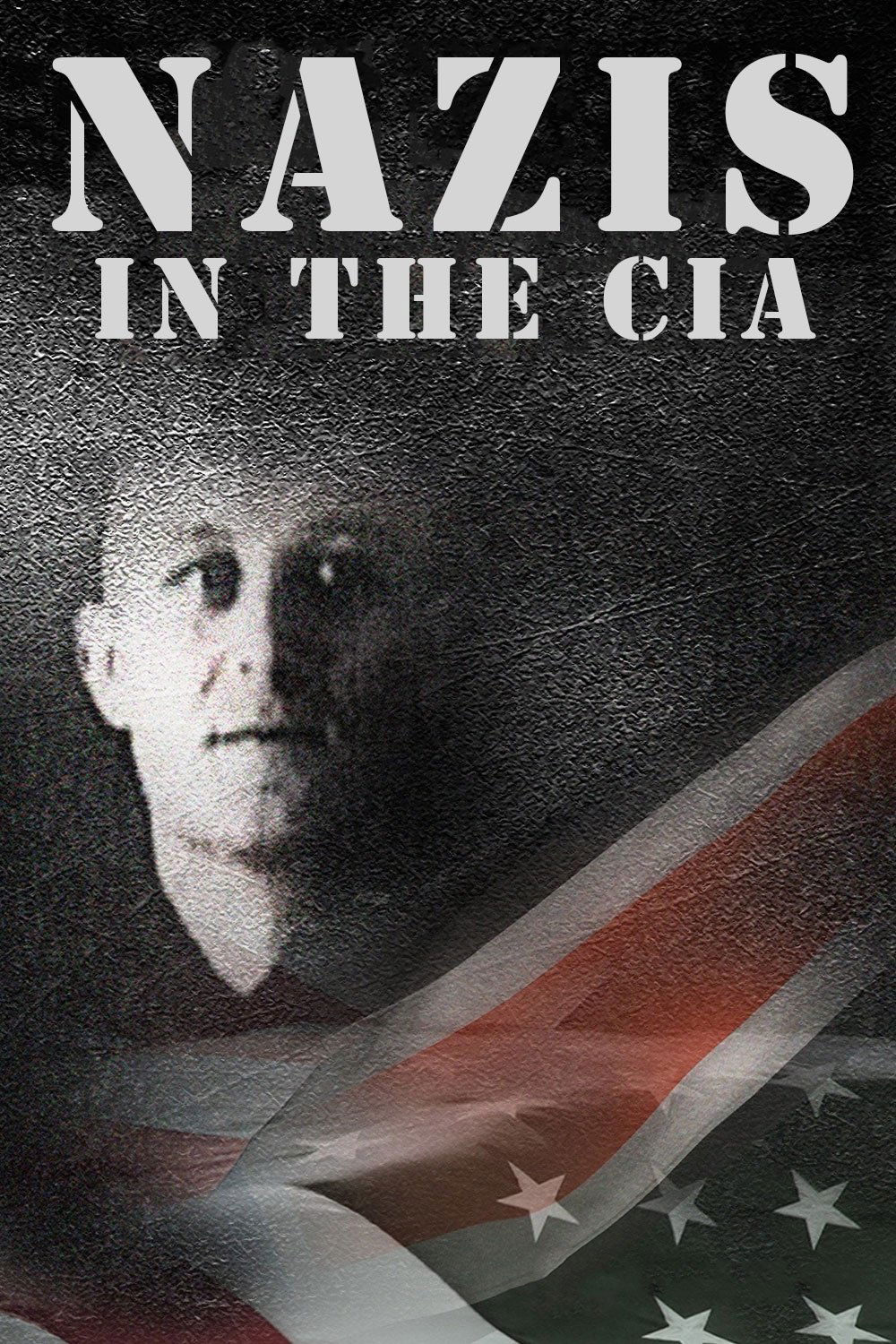
Nazis in the CIA
Released on: 2013-10-15
Documentary, Crime
Florian Hartung and Dirk Pohlmann have reconstructed a previously unknown dimension of the collabora...
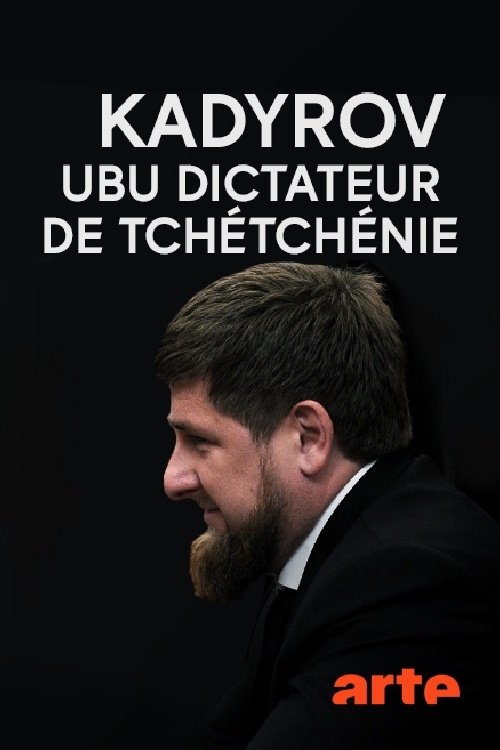
Kadyrov, The Dictator of Chechnya
Released on: 2018-05-15
Documentary
The lifestyle, self-styling and political opinions of Chechen dictator Ramsan Kadyrov are examined i...
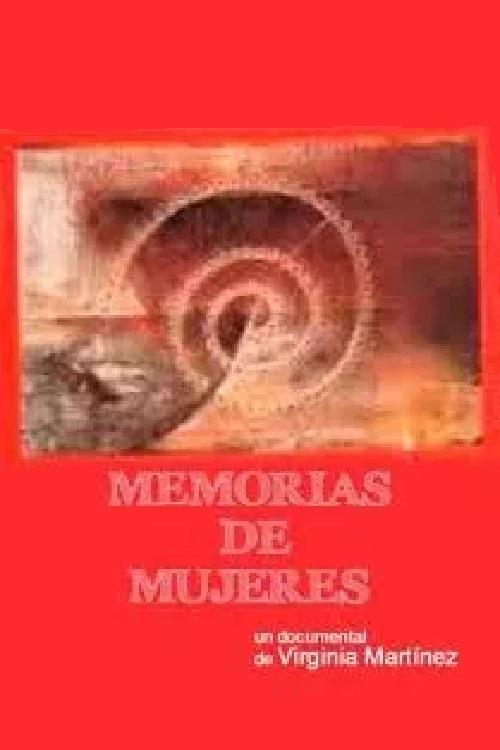
Women's Memoirs
Released on: 2005-07-06
Documentary
The Punta de Rieles prison was where most female political prisoners were incarcerated during the di...